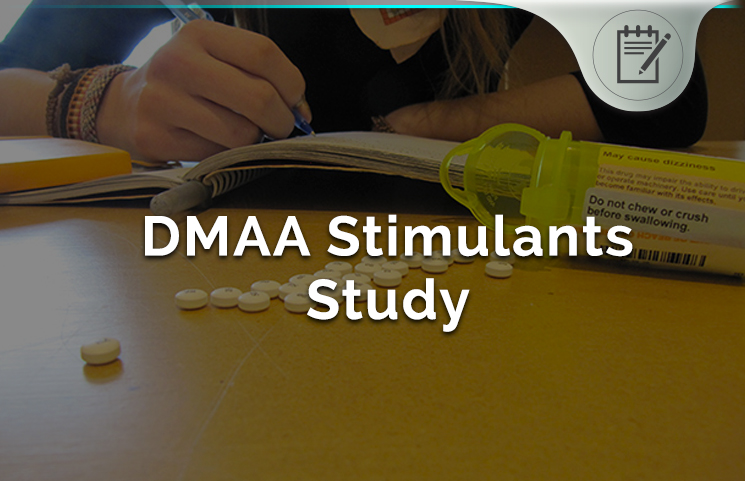A recently published paper by a combined team of Harvard researchers, the Military and Emergency Medicine faculty at the U.S. Department of Defense (DOD) Uniformed Services University, NSF International, and the National Institute for Public Health and the Environment (RIVM) has exposed both the use of dangerous, unapproved stimulants and clear misinformation in four pre-workout and two weight loss supplements.
The study, led by associate professor of Medicine at Harvard Medical School, involved the testing of a few listed and unlisted ingredients in the chosen supplements.
The report which was published in the November edition of Clinical Toxicology showed that some of the ingredients like 1,3-DMAA and 1,3-DMBA, two substances that the FDA had attempted to remove in the past because of their possible dangers to the heart, were found in these supplements.
Worse still, there were other ingredients such as octodrine that was found present in levels higher than the recommended acceptable amounts, present in the supplements. In each of the supplements that were studied, they each had one or more of 1,3-DMAA, octodrine and Aconitum kusnezoffii – a potent source of DHMA.
These supplements were purchased on the internet and sent to the third party labs of NSF International, and the National Institute for Public Health and the Environment (RIVM) for independent testing.
Testing showed that of all the six supplements listing DHMA as an ingredient, only one actually had it. The others contained one or more ingredients like 1,3-DMAA, 1,4-DMAA and 1,3-DMBA.
In the study, 1,3-DMAA, and 1,3-DMBA are actually referred to as “banned” stimulants owing to the efforts of the FDA to stop the use of these compounds in supplements used for weight loss and workouts.
This stems from the possible negative health impact of these stimulants on users. Companies using variants of DMBA in their supplements were also warned to desist from their usage, pursuant to the FDA’s stance on DMAA as an illegal stimulant.
Interestingly, years after these warnings were issued and efforts made to withdraw these stimulants from public use, dietary supplement companies still use them as ingredients.
The paper goes on to state that “Our study adds to a growing body of literature that highlights the difficulty for regulatory authorities to prevent the use of potentially dangerous ingredients in dietary supplements and to effectively remove them from the market.”
Thankfully, the government and regulatory agencies are cracking down on shady dietary supplement companies that are intentionally mislabeling, or misbranding their products or not listing potentially harmful ingredients. One of these cases involved Gentech Pharmaceuticals, where the CEO had to go to jail for 18 months for misrepresenting his products.
The report’s conclusion states that “Of the four stimulants, only the stimulant octodrine has previously been marketed as an oral drug, and the recommended serving size found in our study was greater than twice the highest pharmaceutical dose previously available. In animal models, all four of these compounds have pressor effects.
The FDA has warned that one of these stimulants, 1,3-DMAA, may pose cardiovascular risks, and it is possible that the other three stimulants may pose similar risks to consumers.”
The report also suggests that “Consumers should be warned about the presence of these four experimental stimulants in supplements. Until these stimulants are eliminated as supplement ingredients, we recommend that consumers avoid supplements labeled as containing 2-aminoisoheptane, 2-amino-6-methylheptane, DMHA or Aconitum kusnezoffii.
Physicians should remain alert to the possibility that patients may be inadvertently exposed to experimental stimulants when consuming weight loss and sports supplements.”









